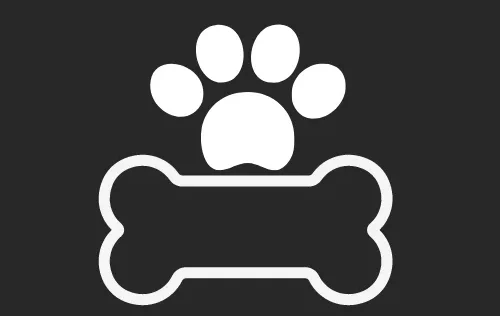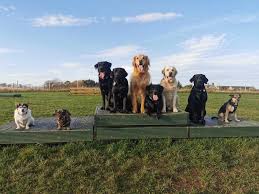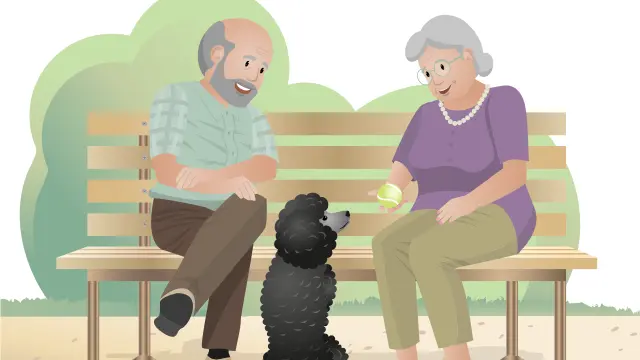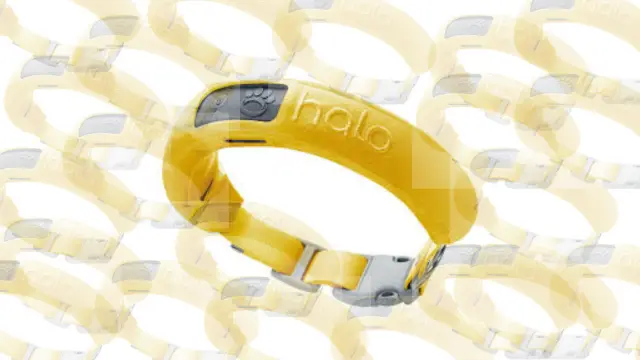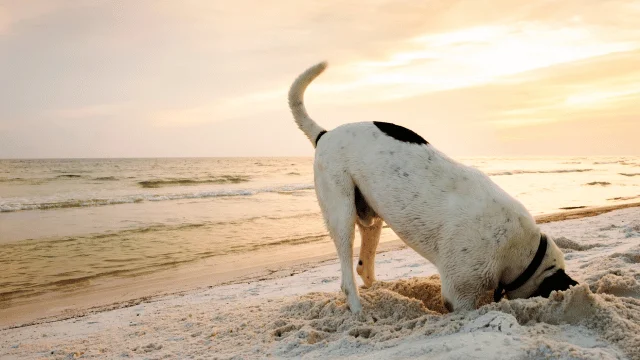Easy Home Remedies to Stop Your Dog from Licking Paws
Dogs licking their paws can be a puzzle for pet owners. If you’ve noticed your furry friend excessively licking their paws, you’re not alone. This common behavior can stem from various issues, but the good news is that there are natural home remedies to help soothe your dog’s discomfort. In this comprehensive guide, we’ll explore why dogs lick their paws, share effective home remedies, and provide tips on preventive measures to keep your dog’s paws healthy.
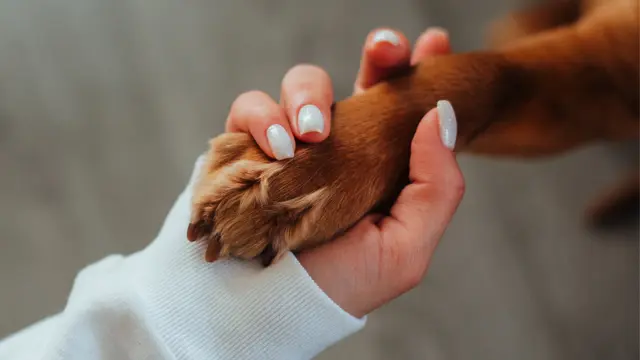
Why Do Dogs Lick Their Paws?
Understanding why your dog is licking their paws is the first step in addressing the issue. There are several reasons why dogs engage in this behavior:
Allergies
Dogs can be allergic to environmental factors like pollen, grass, and dust mites, or they might have food allergies. These allergens can cause itching and irritation, leading your dog to lick their paws excessively.
Infections
Bacterial or fungal infections can also cause paw licking. Infections often result from walking on wet or dirty surfaces, leading to discomfort and the urge to lick.
Injuries
Minor cuts, scrapes, or foreign objects stuck in your dog’s paw can cause pain and irritation. Your dog might lick their paws in an attempt to clean the wound or alleviate discomfort.
Behavioral Reasons
Sometimes, dogs lick their paws due to anxiety, boredom, or stress. This behavior can become a coping mechanism, similar to how humans might bite their nails when anxious.
Identifying the root cause of the licking is crucial for determining the most effective remedy.
Home Remedies for Dog Paw Licking
Several natural remedies can help soothe your dog’s paws and reduce licking. Here are some tried-and-true methods:
Apple Cider Vinegar Solution
Apple cider vinegar (ACV) has natural antibacterial and antifungal properties, making it an excellent remedy for paw licking.
Instructions:
- Dilute apple cider vinegar with water in a 1:1 ratio.
- Soak your dog’s paws in the solution for 5-10 minutes.
- Rinse the paws with warm water and dry them thoroughly.
This solution can help eliminate bacteria and fungi that might be causing irritation.
Coconut Oil
Coconut oil is a natural moisturizer and has antifungal properties. It’s gentle on your dog’s skin and can provide relief from itching and irritation.
Instructions:
- Rub a small amount of organic coconut oil directly onto your dog’s paws.
- Allow the oil to absorb into the skin.
- Repeat daily for best results.
Coconut oil can help keep your dog’s paws soft and reduce the urge to lick.
Oatmeal Soak
Oatmeal is known for its anti-inflammatory and soothing properties. An oatmeal soak can provide relief for itchy and irritated paws.
Instructions:
- Blend plain oatmeal into a fine powder and add it to warm water.
- Soak your dog’s paws in the mixture for 10-15 minutes.
- Rinse and dry thoroughly.
This soak can help calm inflammation and reduce itching.
Aloe Vera Gel
Aloe vera is renowned for its healing and cooling properties. It can be particularly effective for soothing irritated paws.
Instructions:
- Apply a thin layer of pure aloe vera gel to the affected area.
- Allow it to dry naturally.
- Repeat as needed to relieve inflammation and itching.
Ensure that the aloe vera gel you use is free from additives and chemicals.
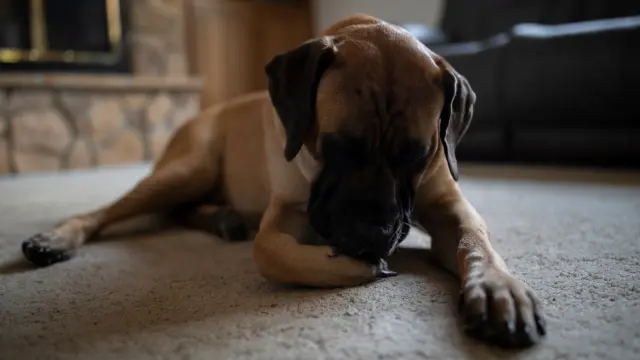
Preventive Measures for Dog Paw Licking
Prevention is key to keeping your dog’s paws healthy and reducing the likelihood of excessive licking. Here are some simple steps you can take:
Regular Paw Cleaning
Wipe your dog’s paws after walks to remove any dirt, allergens, or irritants that could cause licking. Using a damp cloth or pet-safe wipes can do the trick.
Nail Trimming
Keep your dog’s nails trimmed to avoid discomfort and potential injuries that might lead to paw licking. Overgrown nails can cause pain and make walking uncomfortable.
Using Paw Balms
Applying natural paw balms can help keep your dog’s paw pads soft and moisturized. Look for products with ingredients like beeswax, coconut oil, and shea butter.
Checking for Injuries
Regularly inspect your dog’s paws for cuts, splinters, or foreign objects. Removing these promptly can prevent irritation and licking.
When to Consult a Veterinarian
While home remedies can be effective, there are times when professional help is necessary. Here are some indicators that it’s time to consult a vet:
Persistent Licking
If your dog continues to lick their paws despite trying home remedies, it might indicate a more serious underlying issue.
Swelling, Bleeding, or Pus
These symptoms can be signs of an infection or severe allergies that require veterinary attention.
Signs of Infection
If you notice redness, warmth, or a foul odor coming from your dog’s paws, it could indicate an infection that needs medical treatment.
Addressing the root cause of the licking is essential for your dog’s health and comfort.
DIY Paw Balms to Soothe and Protect Paws
Making your own paw balm at home is a simple and effective way to care for your dog’s paws. Here’s a recipe using natural ingredients:
Instructions:
- Melt equal parts beeswax, coconut oil, and shea butter in a double boiler.
- Pour the mixture into a container and allow it to solidify.
- Apply the balm to your dog’s paws as needed to moisturize and protect them.
Homemade paw balms are a great way to ensure your dog receives the best care without any harmful chemicals.
Final Thoughts
Using natural home remedies for dog paw care can make a significant difference in your dog’s comfort and well-being. By understanding why dogs lick their paws and implementing these remedies, you can help your furry friend find relief.
Remember to monitor your dog’s behavior and consult a veterinarian if the problem persists. Keeping your dog’s paws healthy is essential for their overall happiness and health.
Frequently Asked Questions (FAQs)
1. Why does my dog lick their paws excessively?
Excessive paw licking can result from various factors including allergies, infections, injuries, or even behavioral issues such as anxiety or boredom. Identifying the underlying cause is essential for effective treatment.
2. Can allergies cause my dog to lick their paws?
Yes, allergies—whether environmental or food-related—can lead to itchiness in the paws, prompting dogs to lick them in an attempt to relieve discomfort.
3. How often should I clean my dog’s paws?
It’s a good practice to clean your dog’s paws after walks, especially in muddy, wet, or allergen-heavy environments. Regular checks can help prevent irritations caused by debris.
4. Are there any signs that my dog’s paw licking is serious?
Yes, signs such as persistent licking despite home care, visible swelling, bleeding, or the presence of pus indicate that professional veterinary help is necessary.
5. Is it safe to use human products on my dog’s paws?
Many human products can be harmful to dogs. It’s best to use products specifically formulated for pets to avoid irritation or adverse reactions.
6. How can I tell if my dog has an infection in their paws?
Look for signs such as redness, warmth, swelling, a bad odor, or discharge. If any of these symptoms are present, consult a veterinarian promptly.
